It cost just £4/10s for 19-year-old Alan Dryland to buy a season ticket that would take him inside the stadium for all ten of the World Cup matches held in London in that magical summer of 1966. The pound was falling, the Vietnam war raging, but England made it through to the final and the Beatles and Rolling Stones were battling it out to top the charts.
Already a subscriber? Log in
Subscribe for just $2 a week
Try a month of The Spectator Australia absolutely free and without commitment. Not only that but – if you choose to continue – you’ll pay just $2 a week for your first year.
- Unlimited access to spectator.com.au and app
- The weekly edition on the Spectator Australia app
- Spectator podcasts and newsletters
- Full access to spectator.co.uk
Or

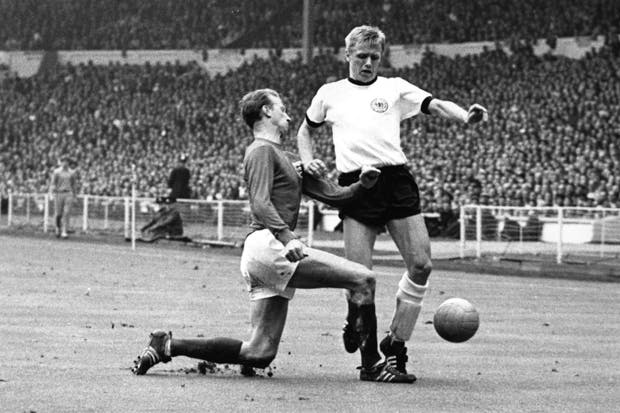
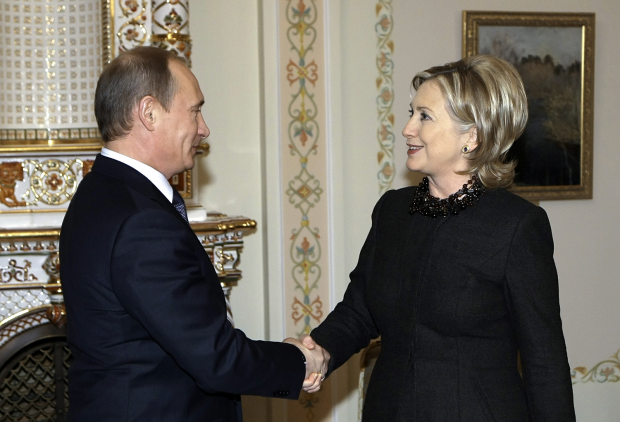
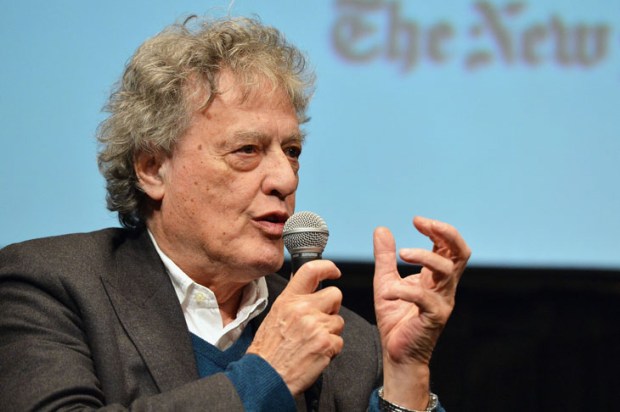
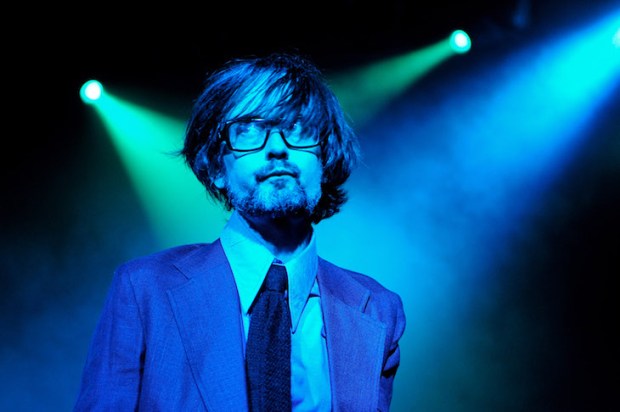

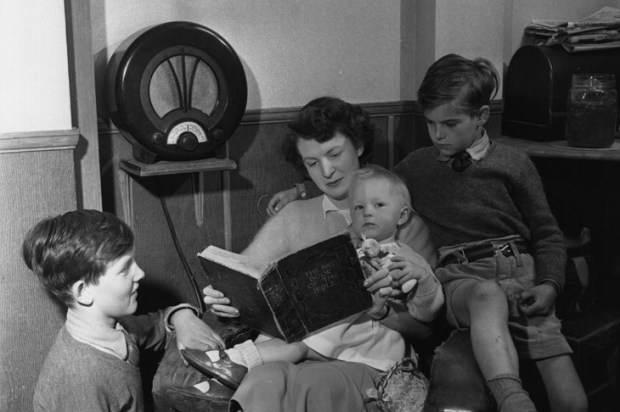
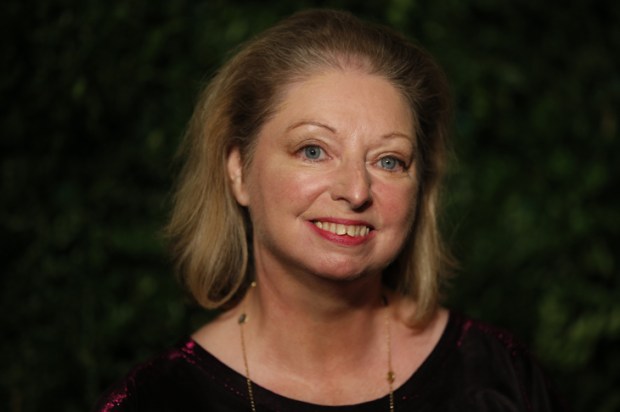
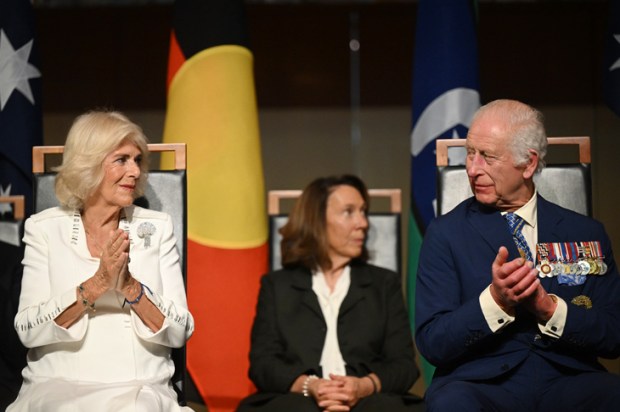
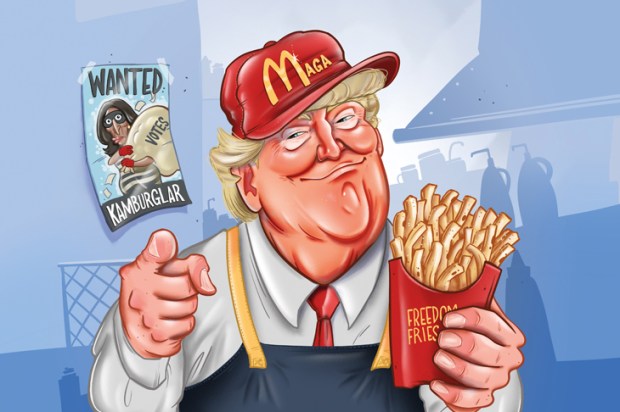
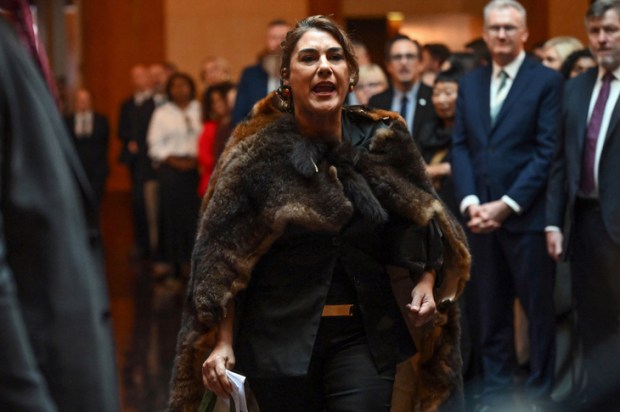
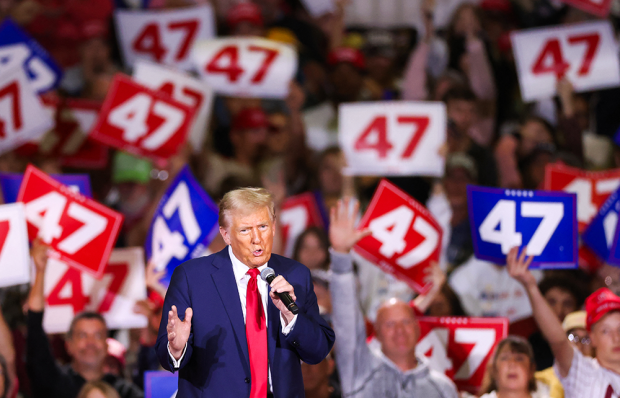


Comments
Don't miss out
Join the conversation with other Spectator Australia readers. Subscribe to leave a comment.
SUBSCRIBEAlready a subscriber? Log in